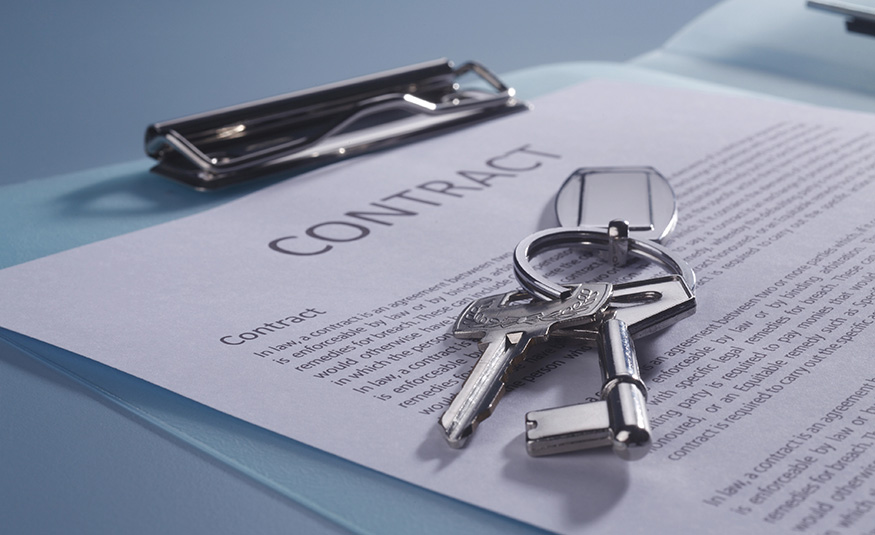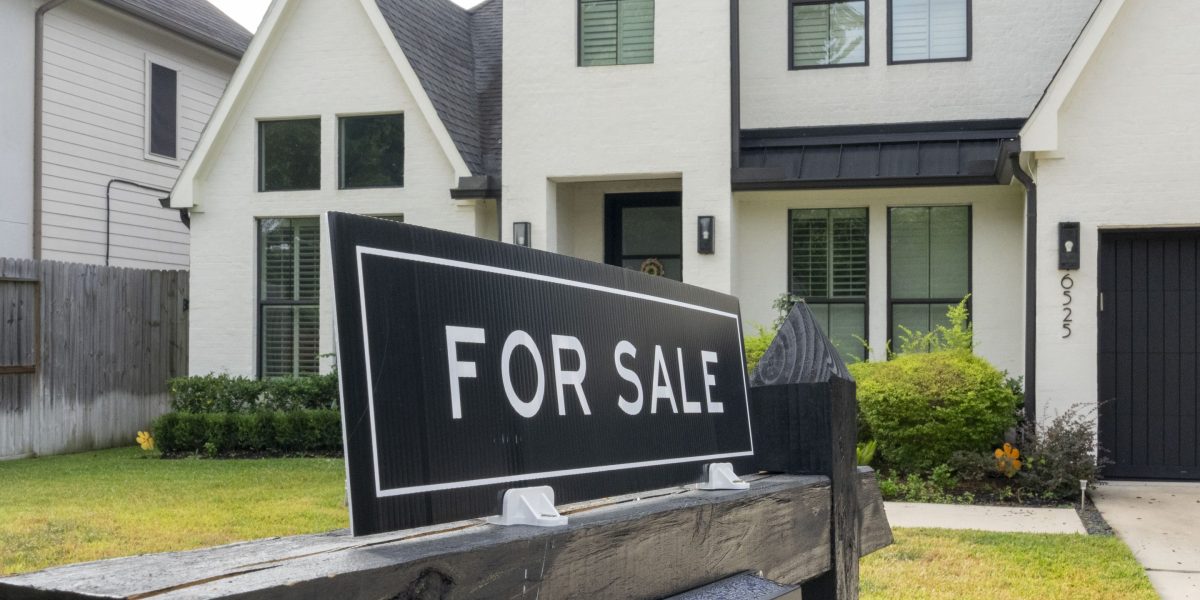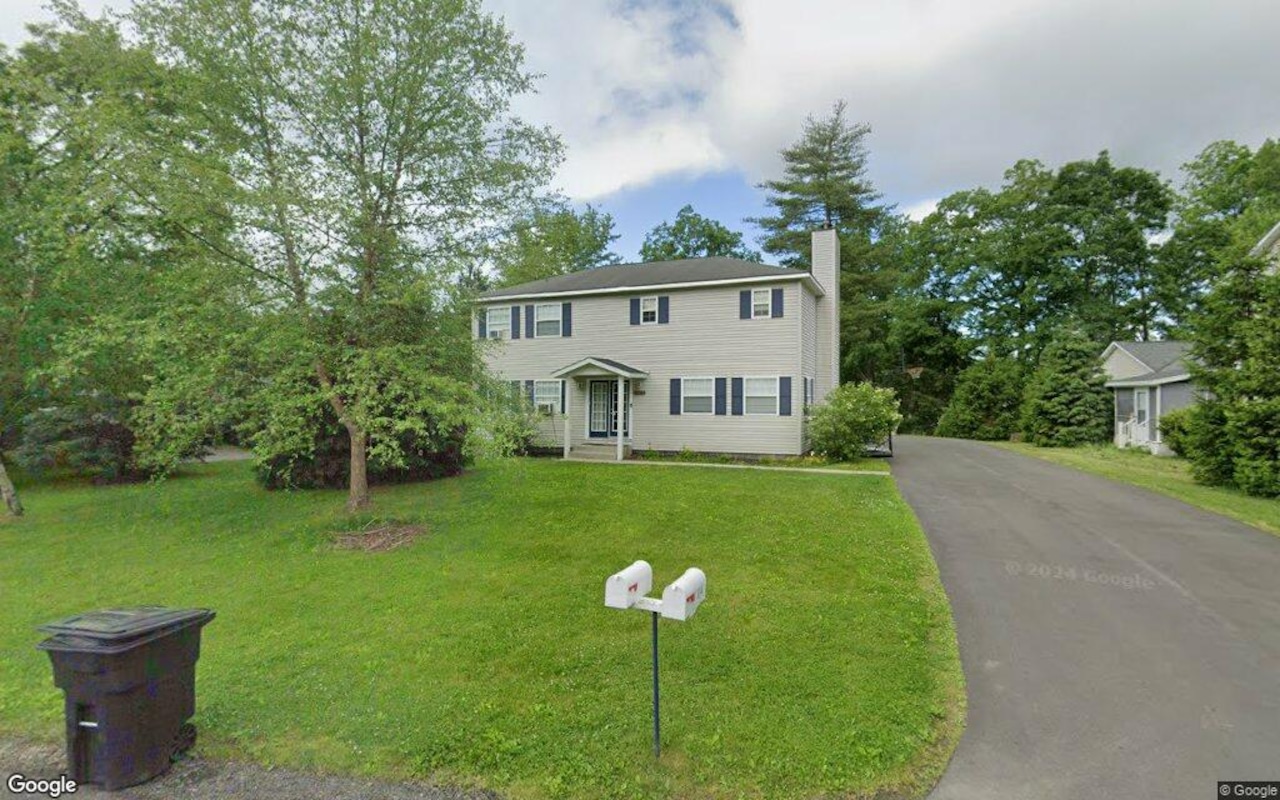F
ranklin D. Roosevelt's assertion that owning real estate is the safest investment in the world may not hold true for New Jersey commercial property owners. Despite some key improvements made to Governor Phil Murphy's initial proposal, the state's struggling commercial real estate market will likely still feel the pinch from a compromise on the realty transfer tax.
The original plan called for doubling the fee on home and most commercial building purchases between $1 million and $2 million, and tripling it for sales over $2 million. However, after negotiations with real estate and business advocates, the Senate Budget Committee passed bill S-4666, which will only apply the increased fees to transfers of property worth over $2 million.
The new fee structure is as follows: 2% for transfers between $2 million and $2.49 million, 2.5% for those between $2.5 million and $2.99 million, 3% for those between $3 million and $3.49 million, and 3.5% for sales over $3.5 million. The bill also shifts the responsibility of paying the additional fee from the buyer to the seller.
The commercial real estate market is already facing significant challenges, including office vacancies that never recovered from the COVID pandemic, rising energy costs, interest rates, and economic uncertainties. New Jersey's Department of Environmental Protection's Land Use rules, set to be finalized next month, may further exacerbate these issues.
"This is further chilling our commercial real estate market, which is already chilled," said NJBIA Chief Government Affairs Officer Christopher Emigholz. "We know office space is not something that's moving right now."
The state's office space market is indeed struggling, with a report by CBRE showing 192,000 square feet of negative absorption in Q1 2025, pushing availability up to 24.5%. Another report found the rate increased to 25.9%, citing the impact of large-scale vacancies.
Small business owners and multisite operators will also be affected, as they often buy and sell properties as part of their operations. Eric Blomgren, executive director of the New Jersey Gasoline Convenience Automotive Association, expressed concern about the additional taxes on small businesses.
Senate Chair Paul Sarlo acknowledged the concerns of the business community but defended the compromise as a necessary step to balance the budget and provide revenue for pressing state needs.















